Networks & Cooperations
The DKKV connects nationally and internationally between actors and initiatives in the fields of crisis and disaster risk reduction, sustainability, climate change adaptation and resilience. The Sendai Framework for Disaster Risk Reduction 2015-2030 in particular calls for broad-based cooperation between actors from all sectors of society (e.g. science and research, administration, politics, practice) and across national borders. To this end, we are actively involved in a large number of national and international networks and cooperate with these partners in various contexts to create synergies.
Some of these networks and cooperations are listed and explained below.
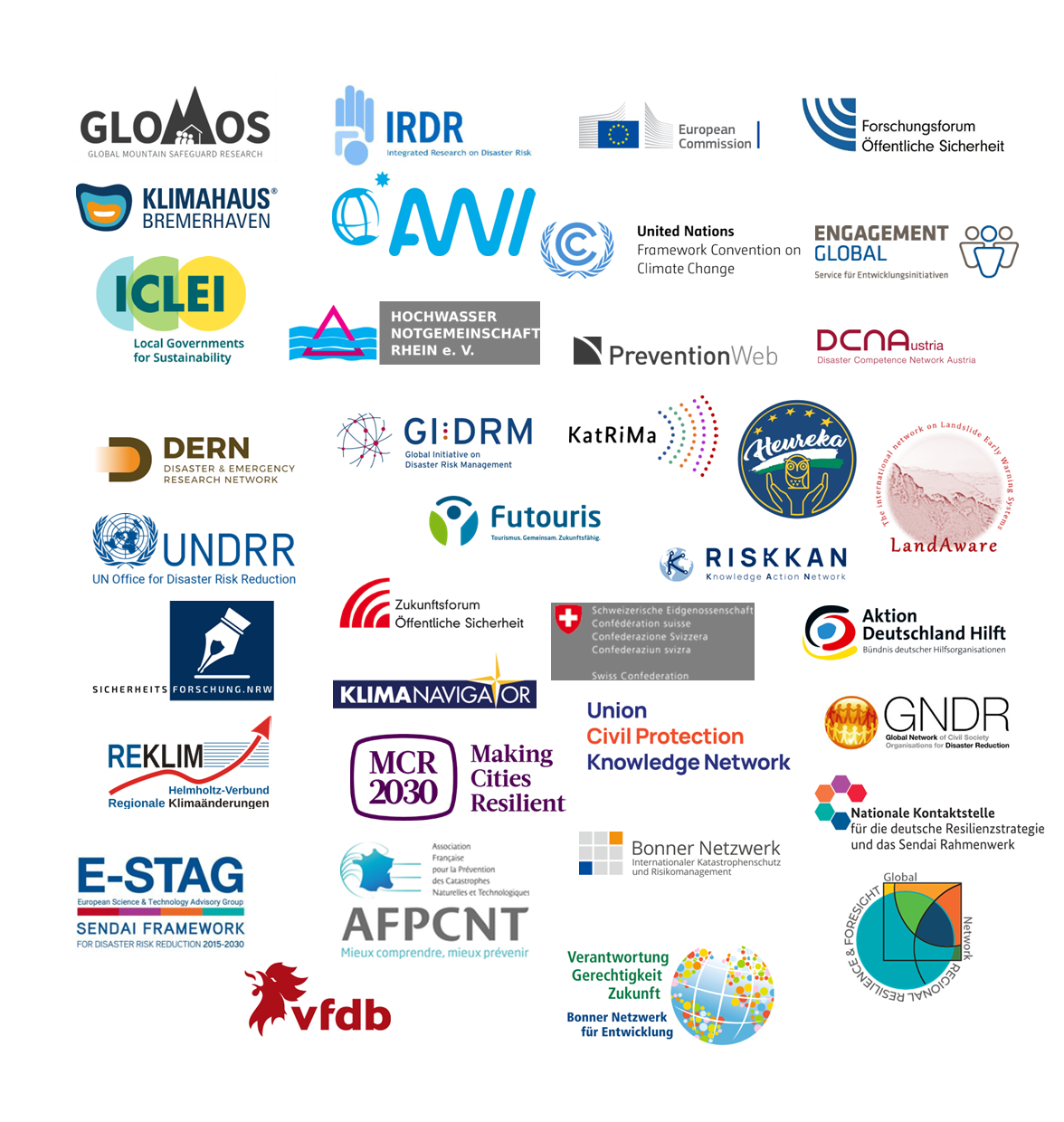
Regional

Bonn Network
The Bonn Network – International Civil Protection and Disaster Risk Reduction – is an association of numerous civil protection organizations and institutions based in Bonn. In addition to United Nations agencies, it also includes federal authorities, scientific institutions, aid organizations, companies, non-governmental organizations and many others.
The DKKV is a founding member and is actively involved in its shaping. For example, DKKV has taken over the secretariat of the network since 2020 and is thus the first point of contact for questions and organizational matters related to the network.
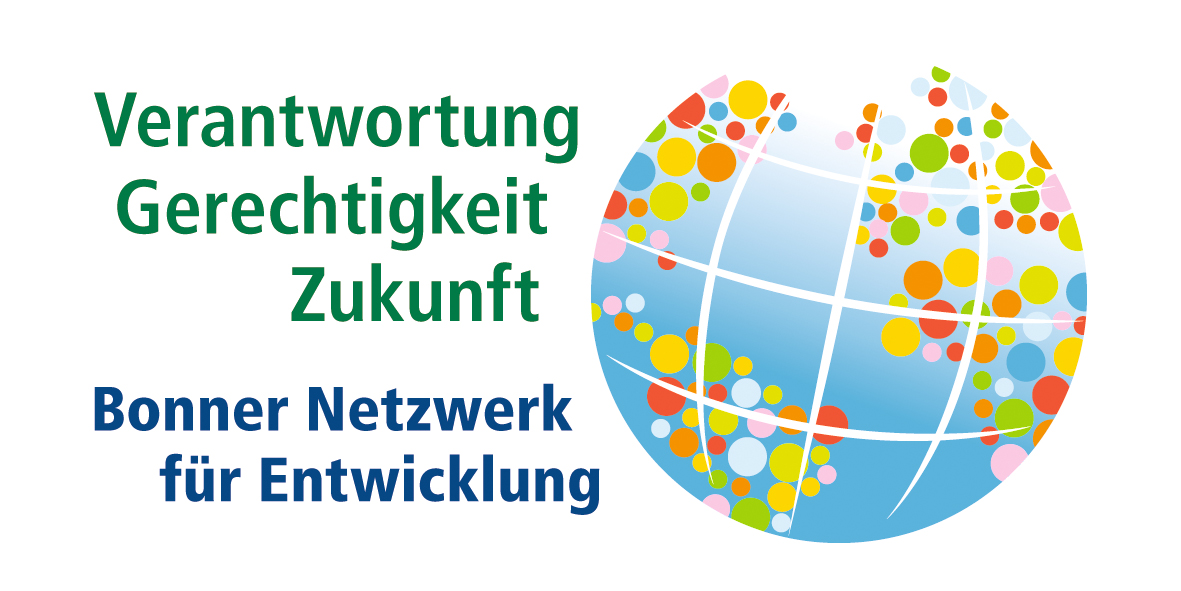
Bonn Network for Development - Responsibility Justice Future
Various associations and organizations are represented in the “Bonn Network for Development – Responsibility Justice Future” with the aim of disseminating information about global connections through events and campaigns, promoting commitment in Bonn and uniting various organizations for a fair, sustainable world.
DKKV is a member and is in regular contact with the Bonn Network for Development.

Hochwassernotgemeinschaft Rhein
The Hochwassernotgemeinschaft Rhein e. V. (Rhine Flood Emergency Association) is an association of municipalities, cities and citizens’ initiatives on the Upper, Middle and Lower Rhine that deals with the prevention and control of floods along the Rhine. It coordinates and promotes measures to reduce damage and protect people, the environment and infrastructure.
The DKKV regularly participates in events organised by the Rhine Flood Emergency Community and exchanges technical information.

Klimahaus Bremerhaven
The Klimahaus Bremerhaven is a museum that offers visitors an interactive journey through different climate zones of the earth to give them an understanding of the connections between climate, environment and human activity.
The DKKV and the Klimahaus Bremerhaven, together with other institutions, organise the national expert forum on water extremes in Bremerhaven.
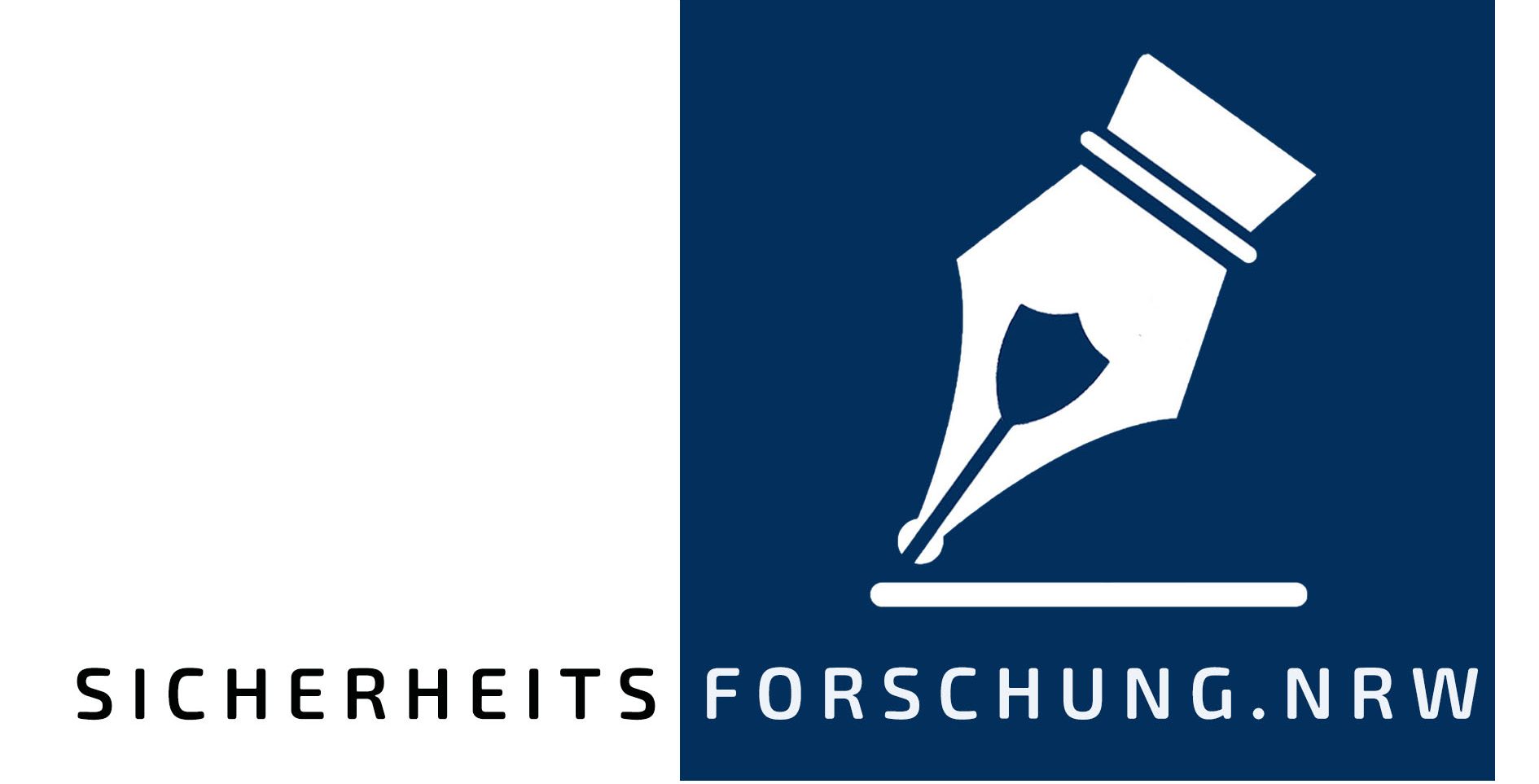
Sicherheitsforschung.NRW
The research project “Sicherheitsforschung.NRW” records the variety and diversity of security policy research in and from North Rhine-Westphalia. The project is unique in Germany and aims to make this information available to the public in Germany and abroad. In the process, the actors responsible for danger prevention from politics, administration and security authorities will be identified from the perspective of the humanities and technical sciences.
The DKKV is a civilian research institution with the main research areas: Climate Change Impacts, Disaster Management, Critical Infrastructure, and Pandemics. Furthermore, research projects in which the DKKV is involved, such as the MYrisk project, are listed there.
National

Aktion Deutschland Hilft
Aktion Deutschland Hilft is an alliance of 23 German aid organisations that work together to provide fast and effective aid in disaster and conflict areas. The alliance coordinates emergency aid, collects donations and advocates long-term help for self-help.
The DKKV is in regular contact with Aktion Deutschland Hilft, e.g. via the Bonn network but also through bilateral meetings.
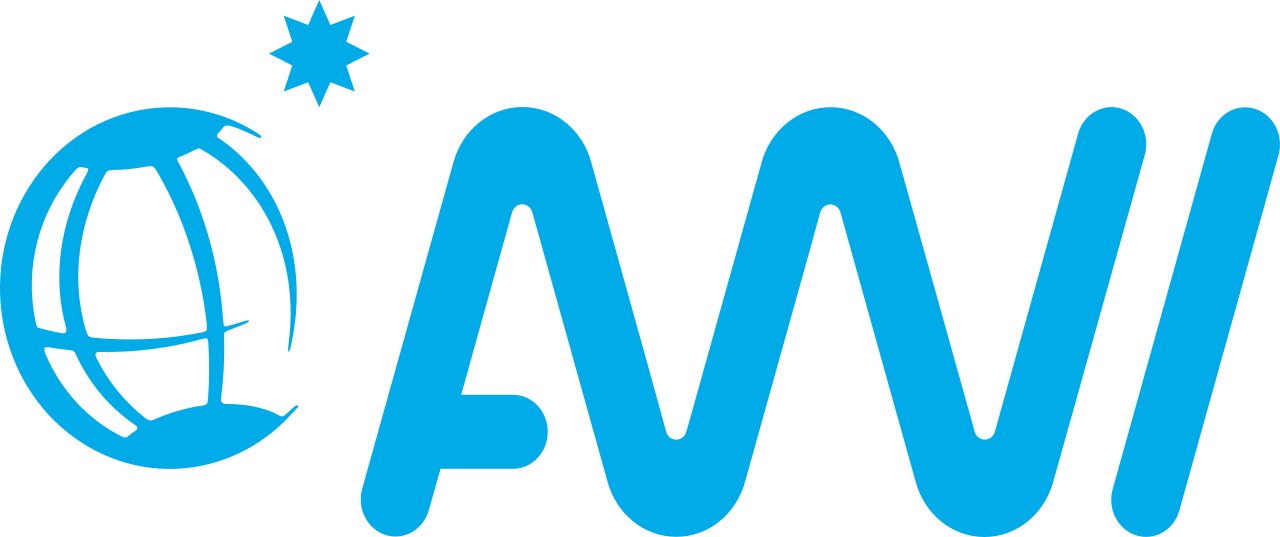
Alfred-Wegener-Institut
The Alfred Wegener Institute (AWI), Helmholtz Centre for Polar and Marine Research, is a German research institute specialising in the study of the polar regions and oceans. It conducts basic research, develops measuring instruments and methods, and provides scientific advice and expertise on climate change and marine protection issues.
Together with other institutions, the DKKV and the AWI organise the national expert forums on water extremes at the Klimahaus Bremerhaven.

Foes
The Forschungsforum öffentliche Sicherheit (FOES) is a platform for the exchange and networking of scientists and practitioners in the field of public security. Its aim is to promote research and practice in this field and to contribute to the improvement of security policy.
Leon Eckert, Chairman of the Board of Directors, is Chairman of the FOES Steering Committee.
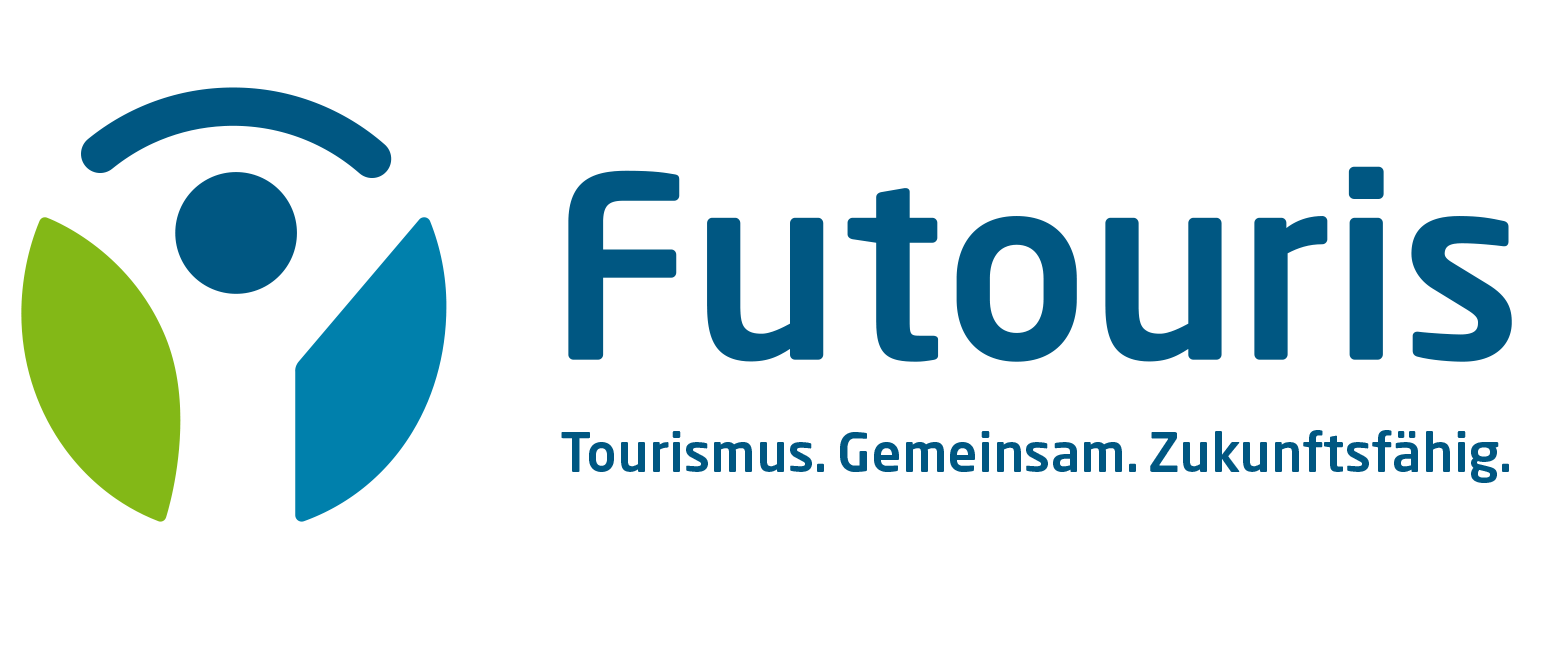
Futouris
Futouris is a non-profit organisation that promotes sustainable tourism and supports various projects to promote environmental and social standards in the tourism sector.
The DKKV is in regular exchange with Futouris, which was involved in the Resilience in Tourism project, for example.
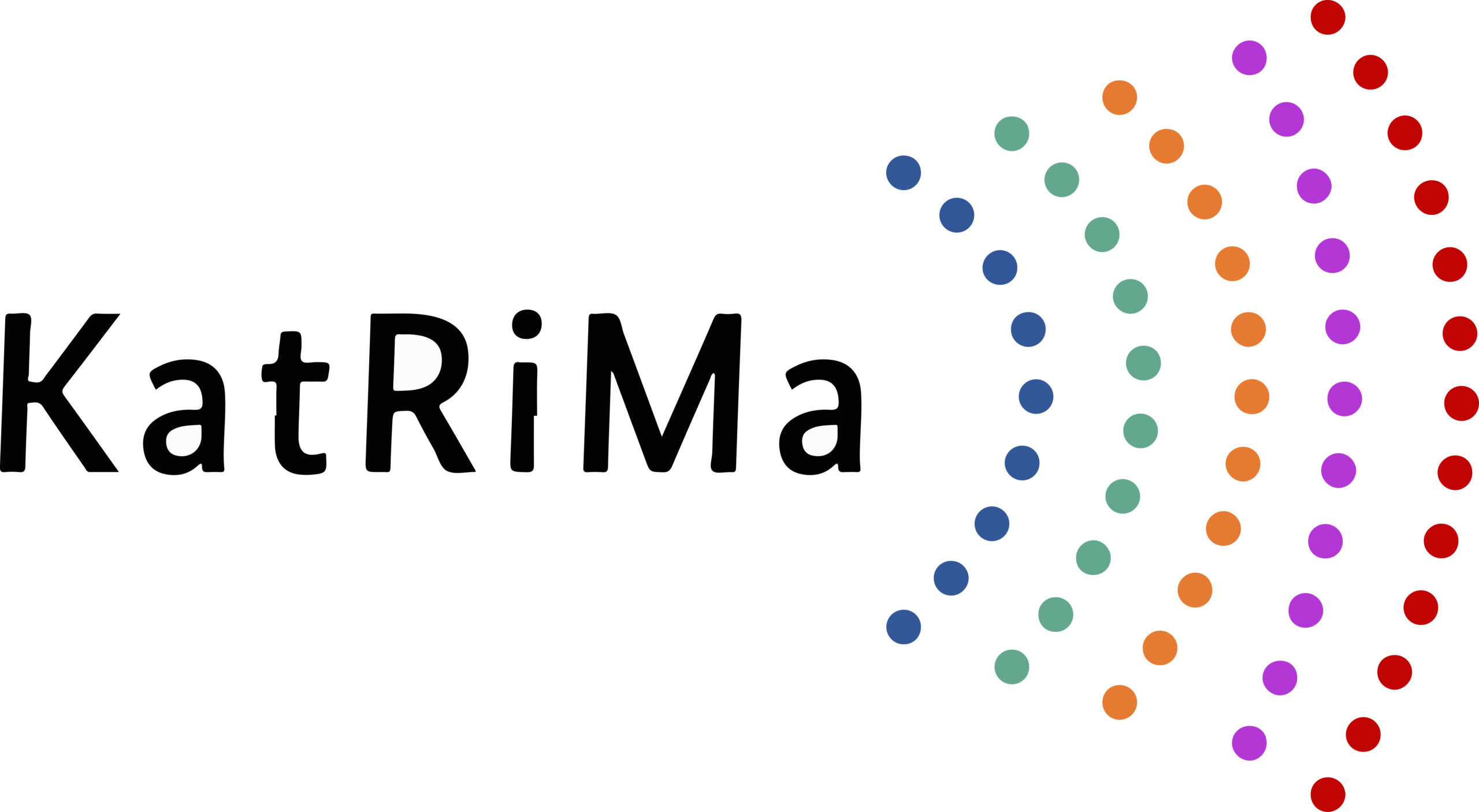
KatRiMa
The KatRiMa website is an information platform of the Federal Office of Civil Protection and Disaster Assistance (BBK) on behalf of the Federal Government. It offers a comprehensive range of information on the topic of “disaster risk management in and by Germany”. At “who does what?” more detailed information on actors, strategies, instruments or best practices of disaster risk management in and through Germany can be found.

Klima-navigator
The Klimanavigator is a national web portal with a pilot function to climate and environmental information in Germany. This portal bundles and points the way to the climate knowledge and knowledge on adaptation options available in science and to the relevant organizations and institutions.
The DKKV is a member of the Klimanavigator network and uses this to transfer knowledge to the network and to disseminate relevant topics to DKKV members.

NKS
The National Focal Point for the German resilience strategy and the UN Sendai Framework was established in 2017 by the Federal Office of Civil Protection and Disaster Assistance (BBK) on behalf of the Federal Ministry of the Interior (BMI), the Federal Foreign Office (AA) and the Federal Ministry for Economic Cooperation and Development (BMZ). Its task is to manage the implementation processes of the Sendai Framework for Disaster Risk Reduction in Germany. To this end, it ensures reporting to the United Nations International Strategy for Disaster Reduction (UNISDR), coordinates and supports the national implementation of the Sendai Framework and related activities in networking, public relations and administration.
DKKV is in regular contact with the National Contact Point (NCP) and is involved, for example, in joint events such as the Disaster Risk Reduction symposium.
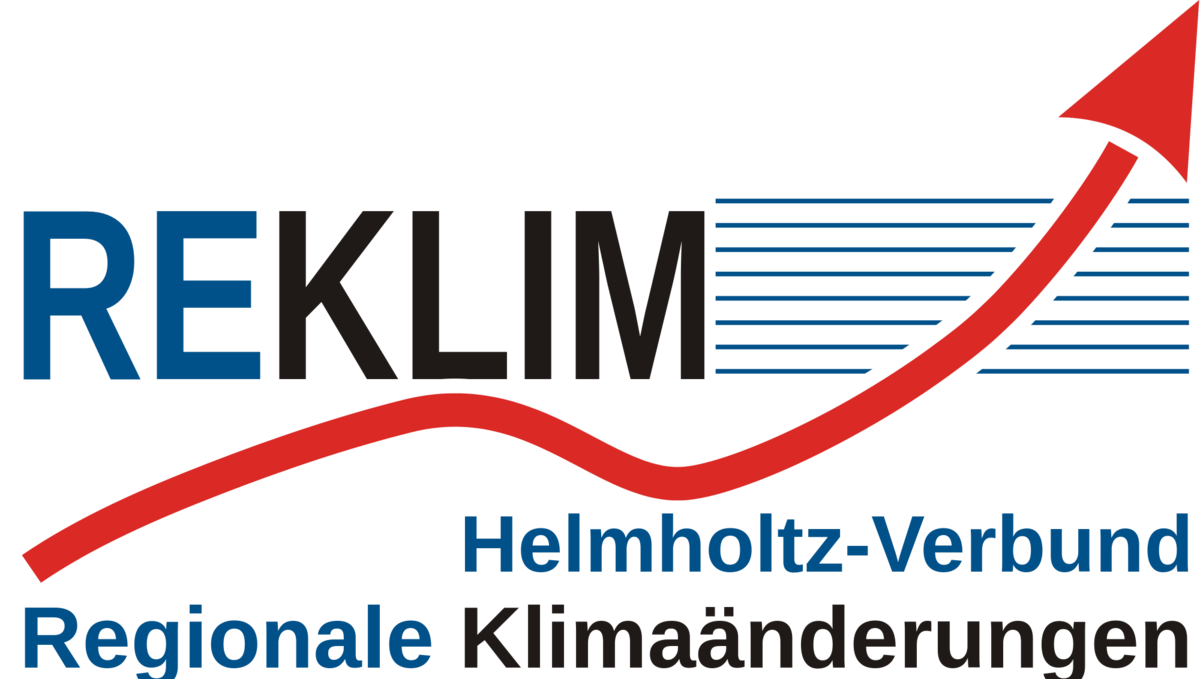
REKLIM
The Helmholtz Research Network REKLIM is a network of nine research centres investigating various research topics on regional climate change and its impacts on humans. By combining regional observations, process studies and model simulations, REKLIM contributes to the development of decision-making tools in the field of climate change. The network works across disciplines and supports civil society through knowledge transfer, risk assessment and the development of adaptation strategies via regional offices and a climate service centre.
The DKKV and Reklim, together with other institutions, organise the national expert forums on water extremes at the Klimahaus Bremerhaven.

vfdb
The vfdb (Association for the Promotion of German Fire Protection) is an organisation dedicated to fire protection in Germany. It brings together experts from different areas of fire protection and promotes professional exchange, research and the further development of standards and guidelines. The vfdb is committed to training fire protection experts, raising public awareness and developing measures for fire prevention and fire fighting.
The DKKV is in regular contact with the vfdb. Representatives of the office are also part of the vfdb Expert Commission Flood 2021.

REKLIM
The Zukunftsforum Öffentliche Sicherheit e. V. (ZOES) is an initiative to shape the future of public security in Germany. It offers a platform for the exchange between experts from science, politics and practice and is committed to the development of innovative and sustainable solutions.
Leon Eckert, Chairman of the Board of Directors, is the Chairman of the ZOES Parliamentary Advisory Council. Benni Thiebes represents the DKKV at ZOES.
European
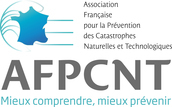
AFPCNT
The Association française pour la prévention des catastrophes naturelles et technologiques (AFPCNT) is a French organization focused on reducing the impact of disasters through prevention, preparedness and response. It works to improve community resilience and raise public awareness of disaster risks through education and research, bringing together disaster preparedness actors from research, policy, and civil society, among others.
Since 2019, DKKV and AFPCNT have been meeting for a monthly online regulars’ table to exchange ideas on German-French as well as European disaster risk reduction. At regular intervals, joint events are planned and implemented.

CERIS EU
The Community for European Research and Innovation for Security (CERIS) is a platform established by the European Commission to facilitate interaction between the security research community and users of research results. Thematic events are regularly organized for the security research community.
DKKV is a member of this platform and is represented by a board member in the expert group “Risikomodellierung und Komplexität”.

DCNA
The Disaster Competence Network Austria is, like the DKKV, an association that promotes knowledge transfer between different stakeholders. Its various fields of activity include networking, technical infrastructure, evaluation, process support, research and risk and crisis communication.
DKKV is in personal contact with DCNA and organises joint events from time to time, for example at the Disaster Risk Reduction Conference, in various research projects or the European Forum for Disaster Risk Reduction (EFDRR).

DRMC
The European Commission Disaster Risk Management Knowledge Centre (EC DRMKC) integrates existing scientific multidisciplinary knowledge and jointly develops innovative solutions to existing needs. The activities of the DRMKC support the translation of complex scientific data and analyses into actionable information and provide science-based advice for DRM measures.
Members from the DKKV Board contribute to the DRMKC through active participation in events and through publications.
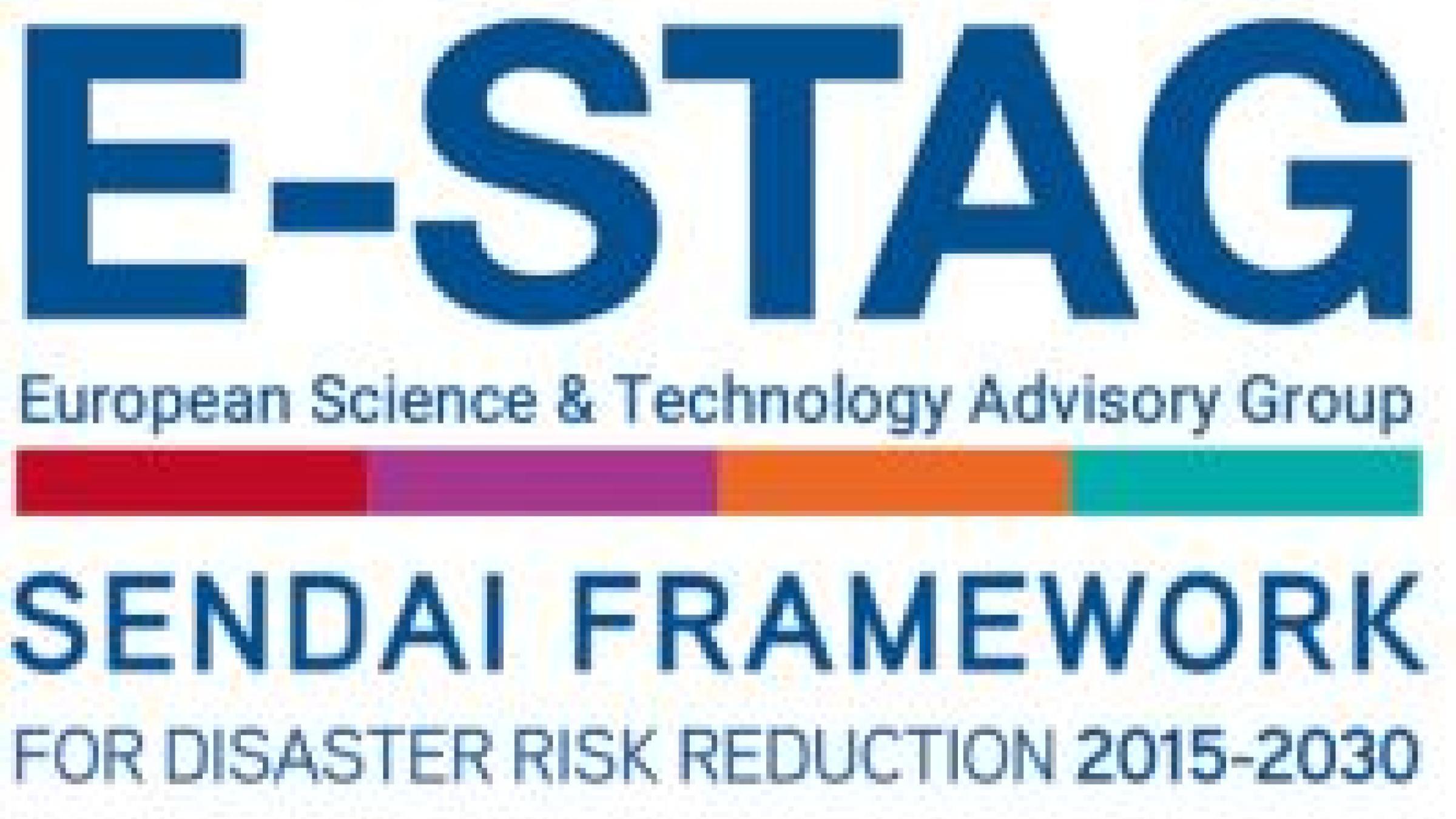
E-STAG
The European Science and Technology Group (E-STAG) was established in 2018 to address the needs of the science and technology community for better integration into disaster risk reduction efforts. The goal of E-STAG is to address new challenges in disaster risk reduction and contribute to research and evidence-based implementation of the Sendai Framework.
DKKV is participating with a board member in the expert Group and acts as a knowledge broker.
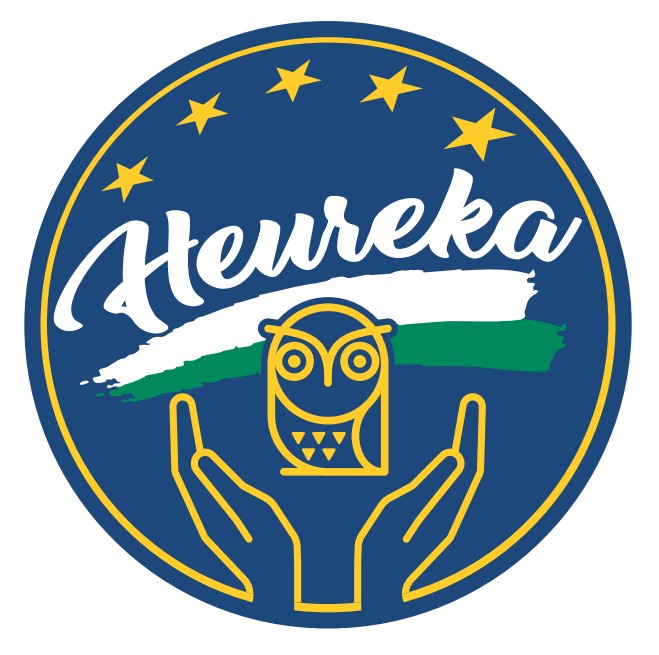
HEUREKA
HEUREKA – Civil Protection Knowledge Partnership Platform – Middle East is a project funded by the European Commission that aims to network knowledge holders relevant to disaster management and humanitarian actors in order to improve coordination, cooperation, compatibility and complementarity of available capacities.
DKKV is associated with the project as a stakeholder.

PLANAT
The Swiss National Platform for Natural Hazards PLANAT was founded to prevent natural hazards. The goal of the extra-parliamentary commission is a paradigm shift from pure hazard prevention to a risk culture.
The DKKV is in contact with the Swiss platform.
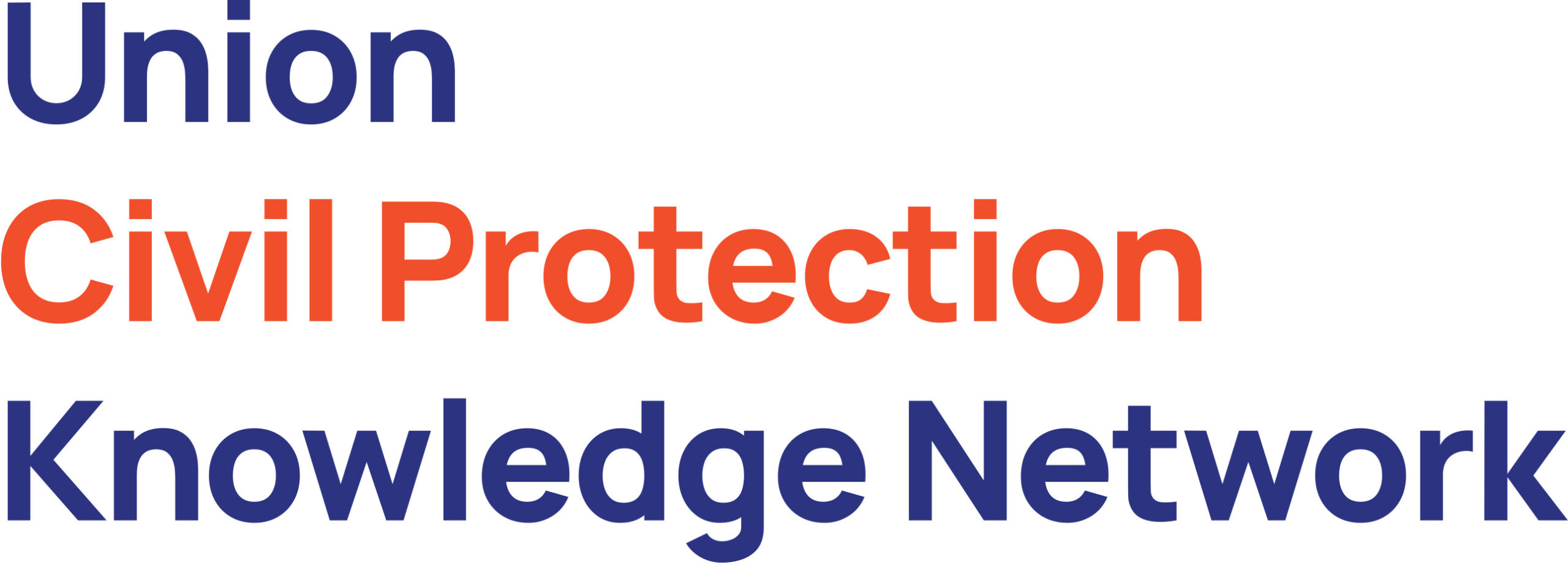
UCPKN
The Union Civil Protection Knowledge Network is a tool of the EU Civil Protection Mechanism that aims to improve training, innovation and cooperation between Member States in civil protection. As a hub, it connects first responders, civil protection managers, academics and decision-makers, facilitating knowledge sharing, collaboration and the alignment of resources within an inclusive community.
The DKKV has a profile in this network through Benni Thiebes and uses this to contribute knowledge to the network and to communicate relevant issues to DKKV members.
interNational

DERN
The Disaster and Emergency Research Network was founded with the goal of enabling researchers to share their studies and projects from around the world and to collaborate with like-minded researchers on disaster risk management and equity issues. This has developed into an email distribution list that all members can use to send each other papers, work together on projects, and have discussions about their topics.
The DKKV office is a member here and uses the network to disseminate information and events and shares relevant information with DKKV members.

GIKRM/GIDRM
The Global Initiative on Disaster Risk Management is a project with the aim of strengthening the German contribution to improving global disaster risk management and supporting the implementation of the Sendai Framework for Disaster Risk Reduction (SFDRR). The project was launched by BMZ in 2013 and is implemented by giz to date. The initiative advocates for risk-informed development.
DKKV is in personal contact with the initiative and repeatedly supports activities such as the Early Warning Knowledge Network and Hotel Resilient

Global Network for Regional Resilience & Foresight
The Global Network for Regional Resilience Foresight is an initiative launched by IQIB together with think tanks and institutes from seven countries. The aim of this network is to strengthen the resilience of regions through the use of strategic foresight and futurology methods.
The network was presented at the European Think Tank Conference 2023 in Berlin, where the importance of regional resilience and the role of strategic foresight were discussed.
DKKV is in regular dialogue with IQIB and has been a member of the Global Network for Regional Resilience Foresight since 2024.
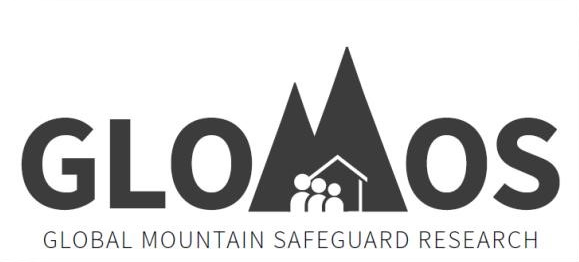
GLOMOS
The Global Mountain Safeguard Research (GLOMOS) is a program and scientific alliance of UNU-EHS and Eurac Research. The goal of GLOMOS is, among other things, to contribute to the development of resilient mountain communities to environmental hazards and disaster risks, naturally and human-induced.
DKKV is one of the cooperation partners of GLOMOS and regularly participates in workshops.
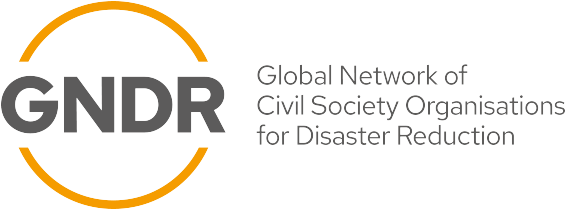
GNDR
The Global Network of Civil Society Organisations for Disaster Reduction (GNDR) is an international network of civil society organizations working to reduce disaster risk and strengthen the resilience of vulnerable communities. It aims to improve the recognition and integration of local perspectives, capacities, and experiences into disaster risk reduction policy and practice through advocacy and knowledge sharing. GNDR supports its members in building disaster resilient communities through capacity building, awareness raising, and networking.
Since 2020, DKKV has been the National Contact Point for Germany and regularly participates in advisory board meetings with other European Contact Points.
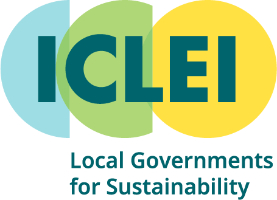
ICLEI
ICLEI – Local Governments for Sustainability is a global network of over 1,750 cities, towns and regions working for a sustainable future. It supports its members through knowledge exchange, capacity building, and advocacy on local sustainability issues, and works to build sustainable communities that are resilient, healthy, and livable.
DKKV partnered with ICLEI in hosting the Resilient Cities Congress, including offering 2 field trips for participants.Through the Bonn Network, DKKV regularly exchanges ideas with ICLEI.
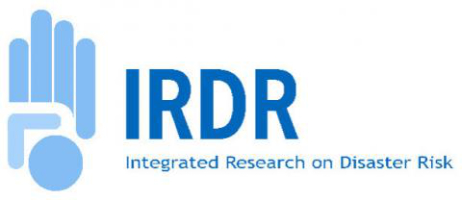
IRDR
Integrated Research on Disaster Risk (IRDR) is an international research program that looks at the challenges of managing disasters and mitigating their impacts.
It also aims to improve policy-making mechanisms related to the management and prevention of impacts from natural events.
IRDR is funded by the UN Office for Disaster Risk Reduction (UNDRR) and the International Science Council (ISC), among others.
To support the research, there is a network of national committees in UN member states.
DKKV is the national contact point for Germany and thus serves as a national committee within the IRDR network.
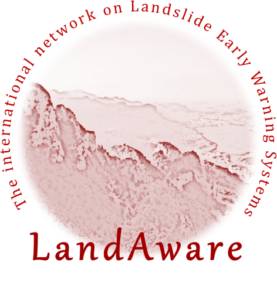
LandAware
LandAware is a multidisciplinary, knowledge-based, non-profit network of people interested in working together to address and promote issues related to landslide early warning systems (LEWS). The main purpose of LandAware is to share experiences, needs and innovations among LEWS experts and to develop and promote guidelines and best practices for future LEWS.
DKKV, represented by Managing Director Benni Thiebes, is a member of LandAware and uses this to contribute knowledge to the network and to communicate relevant issues to DKKV members.
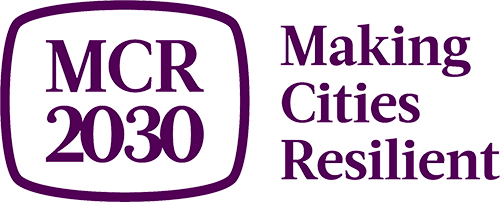
MCR2030
Making Cities Resilient 2030 (MCR2030) is a unique, multi-stakeholder initiative to improve local resilience through advocacy, sharing knowledge and experiences, connecting cities, bringing technical expertise, connecting multiple levels of government and building partnerships. MCR2030 aims to ensure that cities become inclusive, safe, resilient and sustainable by 2030.
DKKV is part of MCR2030 as a supporting organisation and offers various services.
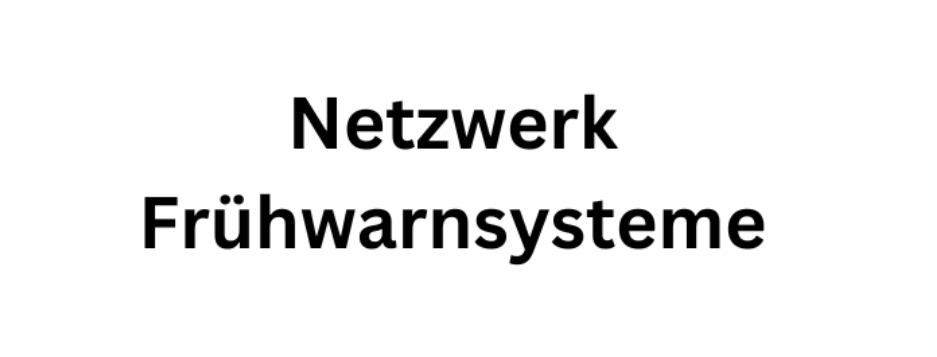
Netzwerk Frühwarnsysteme
In 2013, the Global Initiative for Disaster Risk Management (GIKRM) was launched as part of an interministerial cooperation between the Federal Ministry for Economic Cooperation and Development (BMZ), the Federal Foreign Office (AA), the Federal Ministry for Economic Affairs and Climate Protection (BMWK) and the Federal Ministry of the Interior and Homeland (BMI). Implementation was entrusted to the Gesellschaft für Internationale Zusammenarbeit (GIZ). The broad-based cooperation was intended to ensure that the specific departmental experience and competences of each country formed the basis for shaping a visible German contribution to international disaster management.
The aim of the programme in the first project phase (2013-2018) was to increase the ability of German stakeholders and cooperation partners to contribute to more effective disaster risk management in joint networks. With the start of the second project phase (2018), the focus is on the coherence of international frameworks and in particular the provision of good practices for agenda coherence.
In the first funding phase, an extensive network of experts on the topic of early warning was put together through a series of workshops. The key results of these consultations are a joint concept paper and a description of the services and products in this area.
At the start of the second funding phase, the early warning systems network could no longer be expanded. Since 2019, the network has been managed by DKKV and enquiries for consulting services and expertise in connection with the topics of early warning and early warning systems can be sent to the network via the DKKV office.
PreventionWeb
PreventionWeb is an online knowledge-sharing platform focused on disaster risk reduction and resilience. It provides a range of information, resources and tools to support the efforts of individuals, organisations and communities in disaster prevention and preparedness.

RISK KAN
The Risk KAN – Knowledge Action Network on Emergent Risks and Extreme Events – is a network that aims to bring together international actors in the field of disaster research and management and to create opportunities to benefit from the different expertise. The network aims to reduce disaster risk due to climate change and to identify research priorities for this. Furthermore, the cooperation between science, economy, politics, administration and NGOs shall be intensified by the different members.
The DKKV is a member of the Risk KAN and Benni Thiebes is additionally part of a working group on early warning systems as managing director of the DKKV.

SKEW
The Service Agency Communities in One World (SKEW) of Engagement Global is a contact point for the promotion of development cooperation between municipalities and civil society in Germany and other countries. It offers advice, support and networking opportunities for actors in the field of municipal development cooperation.
The DKKV is in personal contact with SKEW and, together with other initiatives, helped organise the Bonn Symposium 2022, for example.

UNFCCC
The UNFCCC Is the secretariat of the United Nations Framework Convention on Climate Change. The Secretariat works to achieve the stated objective of maintaining greenhouse gas concentrations in the atmosphere at a level that would prevent dangerous interference with the climate system.
Among other activities, the UNFCCC supports climate change negotiations, the implementation of the Kyoto Protocol and the Paris Climate Agreement. The Secretariat also assists governments and institutions in developing techniques that can help increase resilience to the unavoidable impacts of climate change.
DKKV holds observer status, which DKKV representatives regularly use to attend and report on the UN Climate Change Conference.
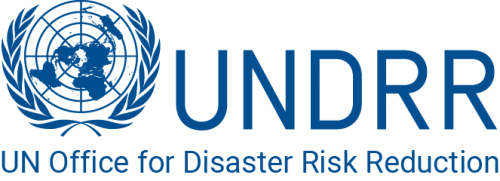
UNDRR
The United Nations Office for Disaster Risk Reduction (UNDRR ) is a United Nations agency concerned with disaster risk reduction. It promotes disaster prevention, preparedness and response measures worldwide and supports countries in developing national risk reduction strategies.
The DKKV is in contact with UNDRR. The Board regularly exchanges views on various topics with Animesh Kumar, Head of Office in Bonn.

